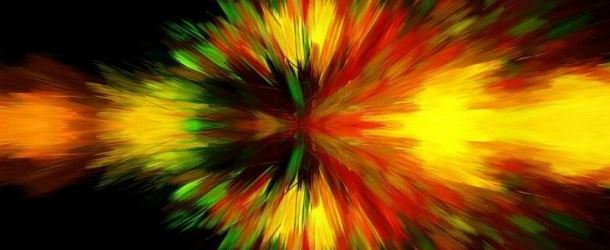New Research Tackles Quantum Error Correction

(HPC.Wire) Research co-authored by University of Massachusetts Amherst physicist Chen Wang, graduate students Jeffrey Gertler and Shruti Shirol, and postdoctoral researcher Juliang Li takes a step toward building a fault-tolerant quantum computer. They have realized a novel type of QEC where the quantum errors are spontaneously corrected.
Today’s computers are built with transistors representing classical bits (0’s or 1’s). Quantum computing is an exciting new paradigm of computation using quantum bits (qubits) where quantum superposition can be exploited for exponential gains in processing power. Fault-tolerant quantum computing may immensely advance new materials discovery, artificial intelligence, biochemical engineering and many other disciplines.
The researchers’ experiment achieves passive QEC by tailoring the friction (or dissipation) experienced by the qubit. Because friction is commonly considered the nemesis of quantum coherence, this result may appear quite surprising. The trick is that the dissipation has to be designed specifically in a quantum manner. This general strategy has been known in theory for about two decades, but a practical way to obtain such dissipation and put it in use for QEC has been a challenge.
“Although our experiment is still a rather rudimentary demonstration, we have finally fulfilled this counterintuitive theoretical possibility of dissipative QEC,” says Chen.
























